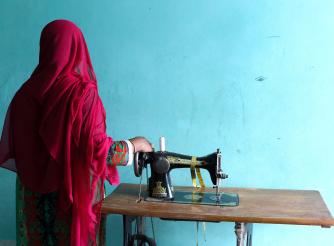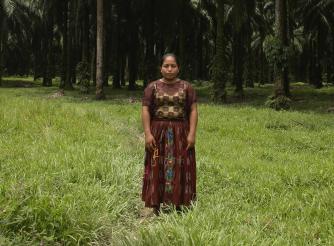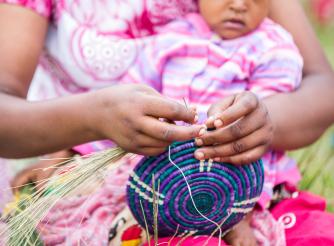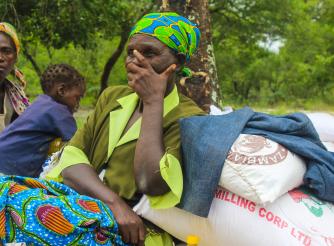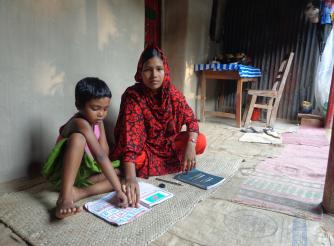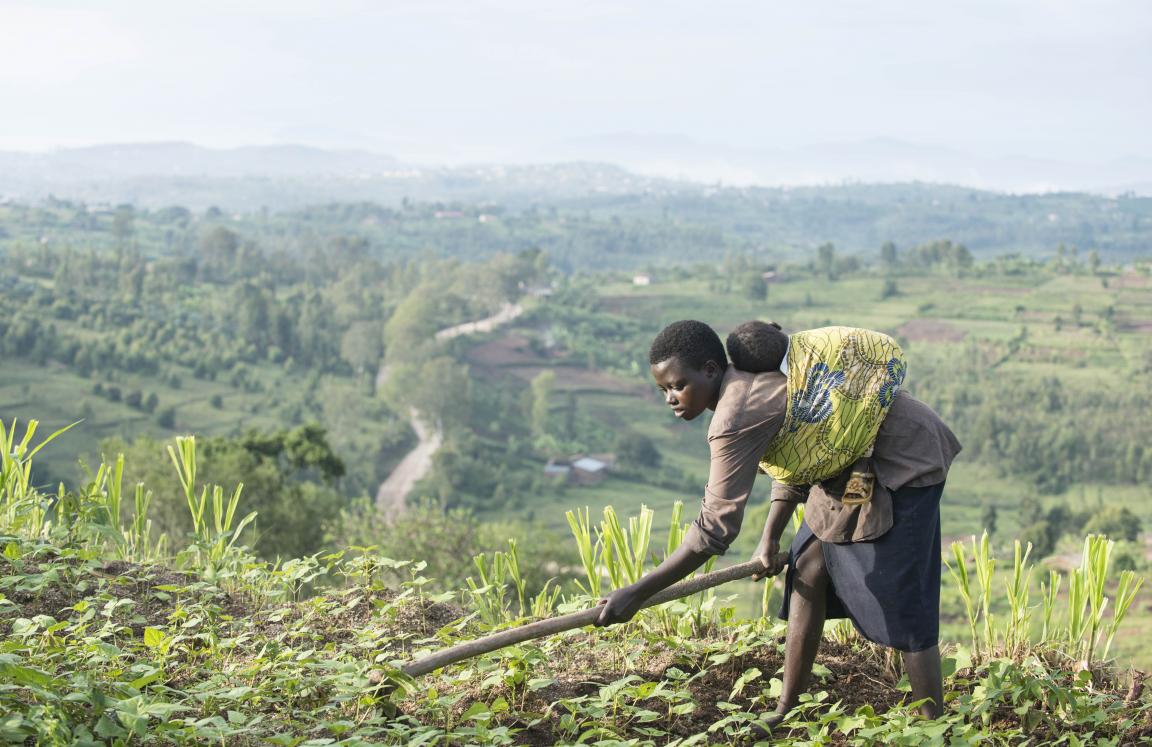
Women and work
Work is critical to everyone’s human rights, but women’s labour has always been considered second-class.
Much of women’s domestic labour, while crucial to society, is not considered work and not paid, and also affects the time they have available for paid work. Those women who do work outside the home are more likely to be confined to underpaid and insecure jobs. A number of factors affect this situation, including economic and labour policies, global corporate practices, availability of infrastructure, family dynamics and even climate change.
What we do
We focus on economic justice for women by addressing amplifying the voices of women and addressing the structural barriers that lead to exploitation: these include unjust economic policies, such as the privatisation of the public services on which women depend, and patriarchal social norms. Specifically, we:
- Push for the recognition, reduction and redistribution of women’s unpaid work, by lobbying for investment in gender-responsive public services, and strengthening women’s awareness of their rights as unpaid caregivers
- Work with feminist organisations, trade unions and informal labour organisations to respond to women’s demands for decent work
- Engage in policy and advocacy from local to global levels, addressing norms and practices that affect particularly marginalised and excluded women




